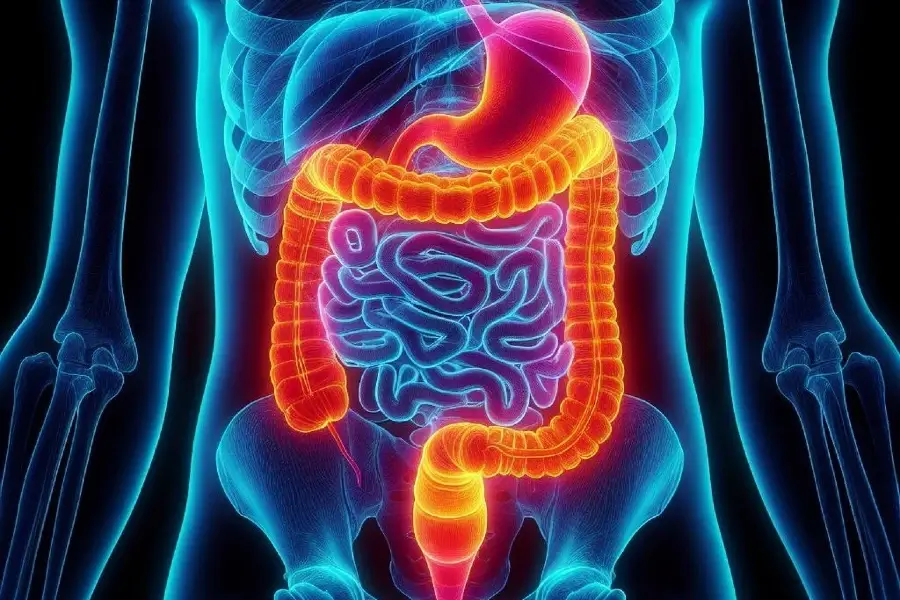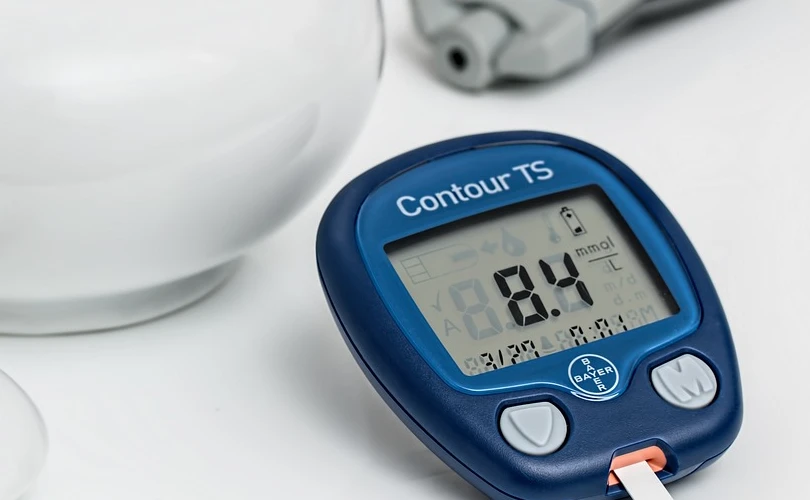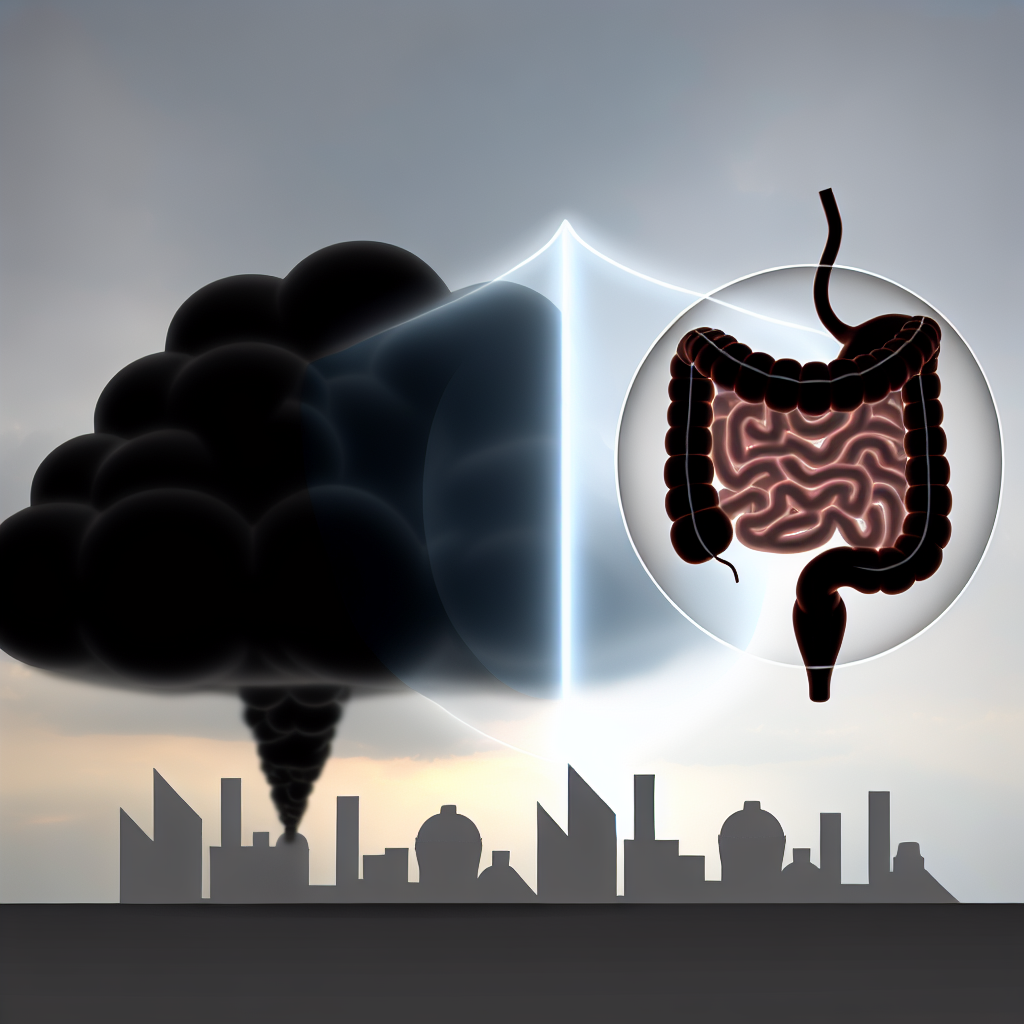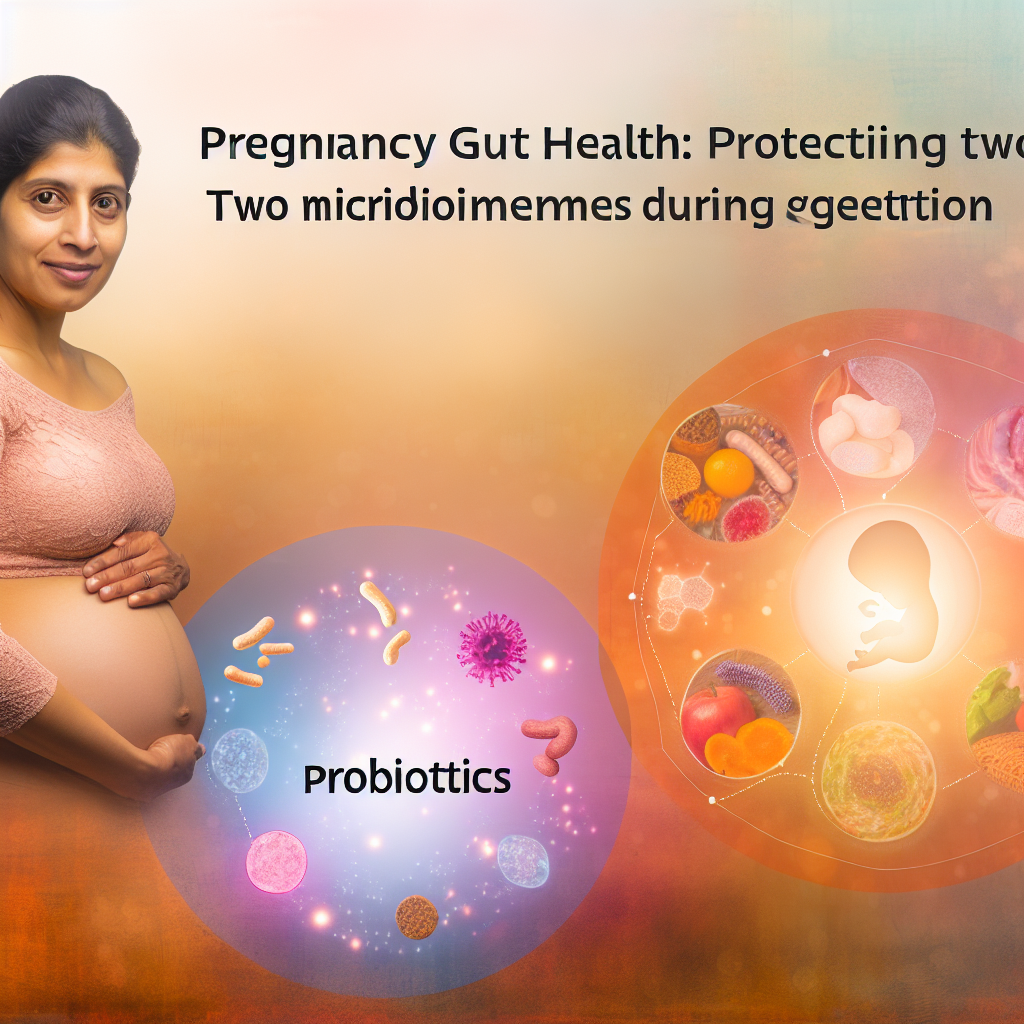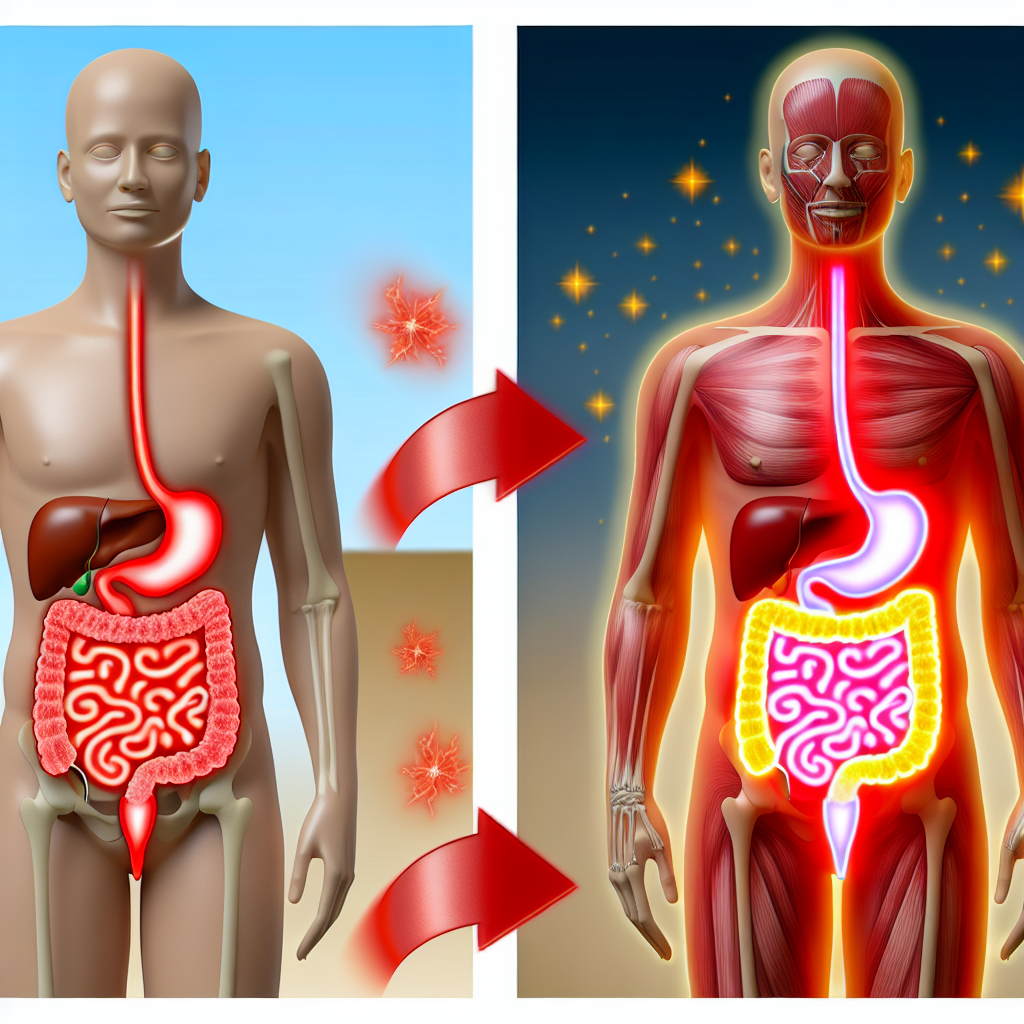Indeed, stomach pain and gas are commonly observed symptoms of giardia infection. Here is an analysis of how giardia can contribute to these problems:
Giardia lamblia, a tiny protozoan parasite, causes giardiasis, an infection that affects the intestines and causes irritation. This parasite possesses a distinctive capacity to attach itself to the small intestine’s mucous membrane, which is essential for its survival and reproduction within the human host.
Giardia lamblia attaches to the intestinal epithelium using specialized structures called ventral sucking discs. The discs enable the parasite to firmly attach to the intestinal lining, establishing a stable position to extract nutrients and avoid the body’s immune system.
Upon attachment, Giardia lamblia elicits an inflammatory reaction in the intestinal tissues. The inflammatory response is distinguished by the secretion of many chemical mediators, including cytokines and prostaglandins, which result in irritation and swelling of the intestines’ lining.
The irritation and inflammation can lead to gastrointestinal symptoms, such as stomach discomfort, diarrhea, nausea, and impaired nutrient absorption.
Giardia lamblia’s continued presence in the small intestine might worsen the inflammatory reaction, resulting in long-lasting or recurring giardiasis.
Giardia lamblia’s continued presence in the small intestine might worsen the inflammatory reaction, resulting in long-lasting or recurring giardiasis.
Untreated, persistent irritation and inflammation can potentially result in more severe consequences, including malnutrition, weight loss, and, in some instances, intestinal obstruction.
Gaining insight into the mechanisms by which Giardia lamblia adheres to the intestinal lining and initiates the resulting inflammatory processes is essential for formulating efficacious treatment methods and prevention measures against this prevalent parasite infection.
The parasite interferes with the regular digestive process, impeding the adequate assimilation of nutrients.
This can result in gas formation as incompletely digested food undergoes fermentation in the intestines.
Malabsorption: Giardia can impede the assimilation of lipids. This malabsorption can lead to steatorrhea and flatulence.
Abdominal discomfort, flatulence, or other symptoms that suggest a potential giardia infection, it is imperative to get medical attention.
Additional symptoms of giardia infection that may coexist with stomach pain and gas include:
- A malodorous and aqueous consistency characterizes diarrhea
- Emesis and emetic reflex
- Abdominal cramps and bloating
- Anorexia
- Tiredness
- Reducing body mass
If you experience abdominal discomfort, flatulence, or other symptoms that suggest a potential giardia infection, it is imperative to get medical attention. A stool test can verify the diagnosis and prescribe medicine to eliminate the parasite.
Here are some further factors to take into account:
- Not all individuals infected with giardia have all the symptoms.
- The symptoms usually manifest within 1 to 3 weeks following exposure to the parasite.
Although the illness resolves spontaneously within a few weeks, certain cases necessitate medication use. If you have any apprehensions about a giardia infection, it is advisable to seek the guidance of a healthcare professional for an accurate diagnosis and appropriate treatment.

Dominic E. is a passionate filmmaker navigating the exciting intersection of art and science. By day, he delves into the complexities of the human body as a full-time medical writer, meticulously translating intricate medical concepts into accessible and engaging narratives. By night, he explores the boundless realm of cinematic storytelling, crafting narratives that evoke emotion and challenge perspectives.
Film Student and Full-time Medical Writer for ContentVendor.com
